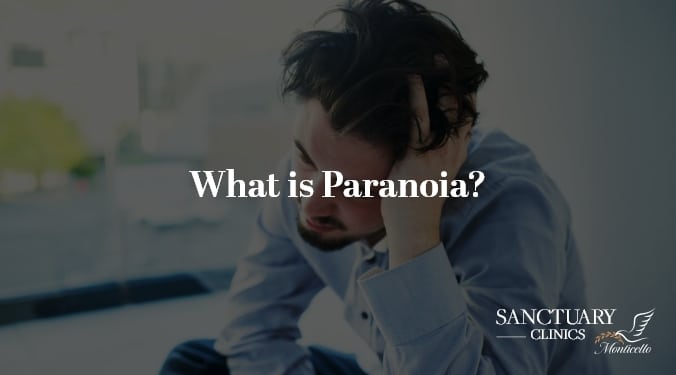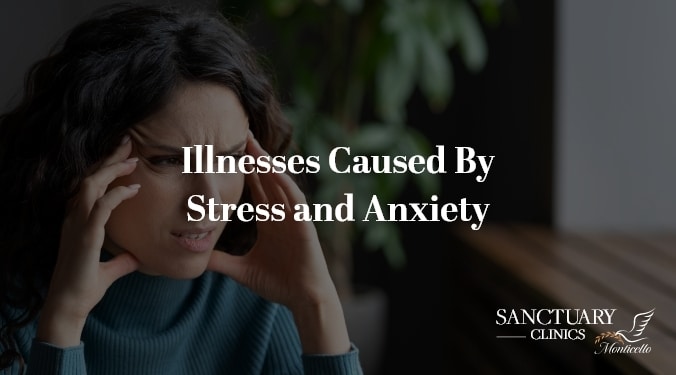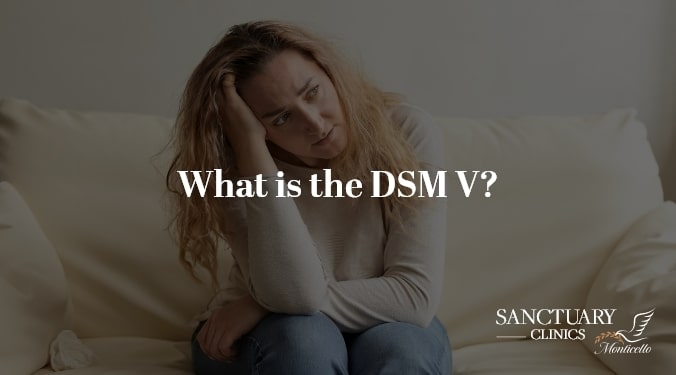Paranoia is a type of thinking which is characterized by the suspicion or mistrust of others.
It is a symptom which can be present in several different mental disorders and medical conditions.
Paranoia can be a distressing and debilitating experience for those who experience it, and it can have a significant impact on their quality of life.
Signs of Paranoia
Paranoia is often characterized by a pervasive sense of mistrust and suspicion of others. People with paranoia may believe they are being watched, followed, or targeted by others.
They may also be highly defensive and guarded in their interactions with others and may interpret benign actions or statements as evidence of a plot against them.
Paranoia can lead to social isolation, as people may avoid contact with others due to their mistrust.
What causes paranoia?
It’s hard to pinpoint what causes paranoia as cases can vary from person to person.
Paranoia can be a symptom of several different mental and psychotic disorders, depressive disorders, personality disorders, and anxiety disorders.
Paranoia can also result from other conditions, such as neurological disorders, substance abuse, or medication side-effects.
Paranoia can even be triggered by stressful life events or trauma.
Get Help Today.
We are here to help you through every aspect of recovery.
Let us call you to learn more about our treatment options.
We are here to help you through every aspect of recovery. Let us call you to learn more about our treatment options.
Types of paranoia
There are different types of paranoia, including delusional paranoia, paranoid personality disorder, and paranoid schizophrenia.
- Delusional paranoia is characterized by the presence of fixed, false beliefs that are not based in reality. People with delusional paranoia may believe they are being persecuted, watched, or controlled by external forces when no such threats actually exist.
- Paranoid personality disorder is characterized by a pervasive mistrust of others and a belief that others are out to harm or deceive them. People with paranoid personality disorder may be highly suspicious of others, may try to avoid social situations all together, and can become highly critical and argumentative.
- Paranoid schizophrenia is characterized by delusions and hallucinations, as well as disorganized thinking and speech.
Symptoms of paranoia
The symptoms of paranoia may include:
- Mistrust of others
- Irrational fears that others are out to harm or deceive them
- Suspicion and defensiveness
- Avoidance of social situations
- Perceptions of threats or dangers that don’t actually exist
- Fixation on conspiracy theories or other unfathomable beliefs
- Heightened sensitivity to criticism
- Argumentativeness or aggression
Diagnosing paranoia
Paranoia is not a diagnosis in and of itself but rather a symptom which can be present in several different mental disorders and medical conditions.
To be diagnosed with paranoia, a mental health professional will conduct a thorough evaluation, a physical exam and psychological assessment.
The Diagnostic and Statistical Manual of Mental Disorders (DSM-5) criteria provides guidelines for diagnosing mental disorders, including those which involve paranoia as a symptom.
How to manage paranoia
Managing paranoia can be challenging, but there are several strategies which can be helpful.
It is important for people with paranoia to seek support from mental health professionals, who can provide guidance and support in managing their symptoms.
There are also life changes you can make which will be beneficial—regular exercise and a healthy diet, for instance, can be helpful in managing paranoia symptoms.
Treating paranoia behavior
The treatment of paranoia will depend on the underlying disorder or medical condition.
Psychotherapy, including cognitive-behavioral therapy (CBT), can be helpful in addressing the underlying beliefs and thought patterns which contribute to paranoid thinking. In some cases, medication may be prescribed to manage symptoms such as anxiety or depression.
Paranoia FAQs
Is paranoia a psychosis or anxiety?
Paranoia can be a symptom of both psychosis and anxiety. In psychosis, paranoia is often characterized by delusions or hallucinations which are not based in reality. In anxiety, paranoia may be related to excessive worry and fear about potential threats or dangers. Paranoia can also be a symptom of other mental disorders, such as personality disorders or depressive disorders.
What kind of mental illnesses causes paranoia?
Paranoia can be a symptom of several different mental disorders, including psychotic disorders, anxiety disorders, personality disorders, and depressive disorders.
Is paranoia a symptom of bipolar or schizophrenia?
Paranoia can be a symptom of both bipolar disorder and schizophrenia. In bipolar disorder, paranoia may be present during manic or depressive episodes, and may be related to the person’s mood state. In schizophrenia, paranoia is often a defining feature of the disorder, and may be characterized by delusions or hallucinations.
Can paranoia occur with autism spectrum disorder?
Yes, paranoia can occur with autism spectrum disorder (ASD). ASD is characterized by deficits in understanding nonverbal communication, difficulties with transitions, and repetitive patterns of behavior. People with ASD may also have an intellectual disability, although this is not always the case.
In conclusion, paranoia can be distressing and debilitating for those who experience it and can have a significant impact on their quality of life. It is important for people with paranoia to seek support from mental health professionals. By working with a qualified mental health provider, people with paranoia can develop strategies for managing their symptoms and improving their overall mental health and well-being.
Get Help Today.
We are here to help you through every aspect of recovery.
Let us call you to learn more about our treatment options.
We are here to help you through every aspect of recovery. Let us call you to learn more about our treatment options.









